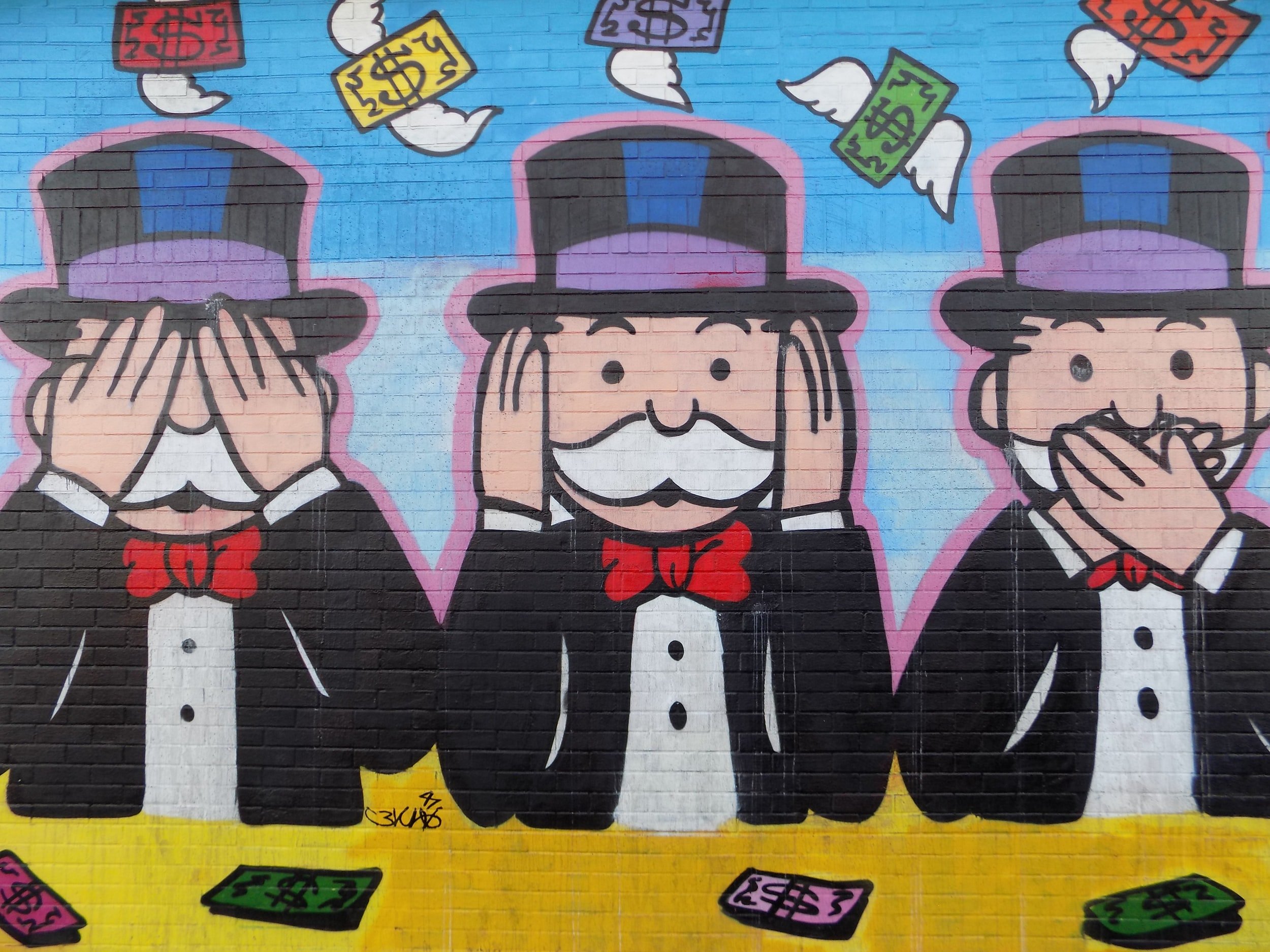Forty-six states want to unfriend Facebook. Along with the Federal Trade Commission, they have finally decided to pursue action against Facebook's damaging anti-competitive practices following the years-long investigation. The lawsuit, formally announced on December 9th, accuses Facebook of violating Section 2 of the Sherman Act, which outlaws any monopolization attempts. Facebook has also been charged with violating Section 7 of the Clayton Act, which prohibits mergers and acquisitions where the effect "may be substantially to lessen competition, or to tend to create a monopoly."
What is a Monopoly?
So let us start with the basics: what does being a monopoly entail? To qualify as a monopoly, a single company owns almost all of the market and squashes its competition. Facebook is not just Facebook. Facebook includes Facebook, Facebook Messenger, Whatsapp, and Instagram; totaling 418 million users worldwide. Comparatively, other social media companies like Twitter, Pinterest, Snapchat, Reddit, and Tumblr, would only amass to a total of 236 million users if they were to merge.
CNN Business producer, Jon Sarlin, argues Facebook's continuous market power is the result of their strategy "Buy>Deny>Apply." First, they try to acquire companies they view as a threat they did with Instagram in 2012 and Whatsapp in 2014. If they cannot purchase the company, they deny it access to its data known as API. When you log in to another app via Facebook login, it gives the other apps access to its data. Facebook can also use their API to restrict access, which happened the day Twitter launched Vine. In 2013, emails first released by the British Parliament showed an employee explaining to Zuckerberg that in Vine, you could find your Facebook friends or invite their Facebook friends to join the app. The employee wrote in the email, "Unless anyone raises objections, we will shut down their friends API access today." Zuckerberg responded, "Yup, go for it." Essentially, Facebook aided in stunting Vine's growth for fear of competition.
Facebook's Anti-competitive Behavior
When Facebook has been unable to buy or deny, they copy. When Snapchat refused to sell, Facebook took key aspects of their app. These included Facebook and Instagram story features and photo filters, one of Snapchat users' favorite elements. As if that was not enough copying, Facebook also added impermanent messaging features to Facebook Messanger and Instagram. As expected, Facebook's success only grew. According to Wired, in June 2017, not even a full year after Instagram stories launched, they had 250 million daily active users, whereas Snapchat had 166 million daily active users. All three of these strategies Facebook has used to gain immense influence demonstrate anti-competitive behavior.
Purpose Behind the FTC's Lawsuit
The FTC's lawsuit calls for Facebook to break up Instagram and WhatsApp and for the company to give notice and necessitate approval for all future mergers and acquisitions. Ian Conner, who oversees antitrust at the FTC, says the goal of this lawsuit "is to roll back Facebook's anti-competitive conduct and restore competition so that innovation and free competition can thrive." Other supporters of the lawsuit also acknowledge the harm Facebook has caused to consumers. Facebook used to sell and still collects its users' data, shapes its users' emotional states, has spread conspiracy theories and hate speech, and even has interfered with elections. New York Attorney General James says it best, Facebook has made "billions by converting data into a cash cow."
Facebook expectedly, is denying the accusations and is trying to paint themselves as a victim. Jennifer Newstead, Vice President and General Counsel for Facebook, told ABC News: "This is revisionist history [...] The most important fact in this case, which the commission does not mention in its 53-page complaint, is that it cleared these acquisitions years ago. The government now wants a do-over, sending a chilling warning to American business that no sale is ever final. People and small businesses don't choose to use Facebook's free services and advertising because they have to; they use them because our apps and services deliver the most value. We are going to defend people's ability to continue making that choice vigorously."
Unlike past lawsuits involving Facebook, this one is improbable to end in a settlement. Facebook is not naive, and for years it has recognized that a suit like this might eventually come to fruition. Therefore, they are ready and willing to fight. However, for the public, it is a waiting game. The two sides are likely to argue for months over the release of documents before the trial begins, and the trial itself could take years. All we know right now is that Zuckerberg should buckle up as it is going to be a long and expensive ride.

